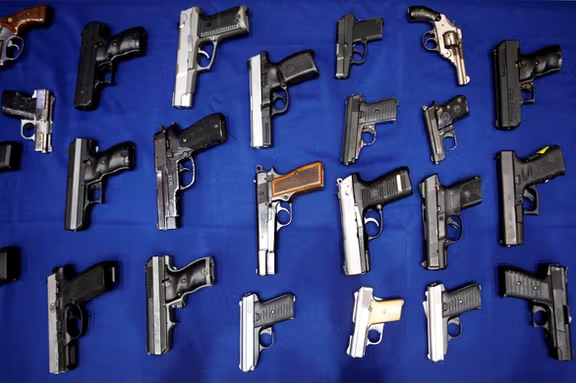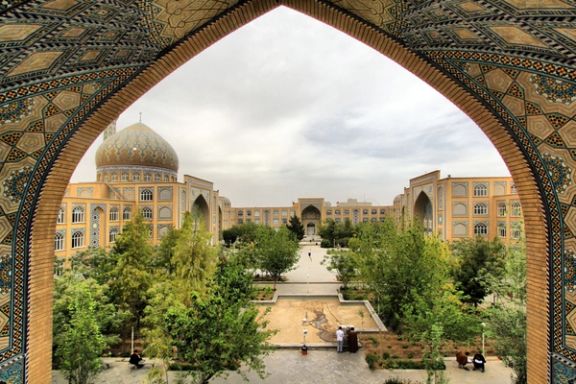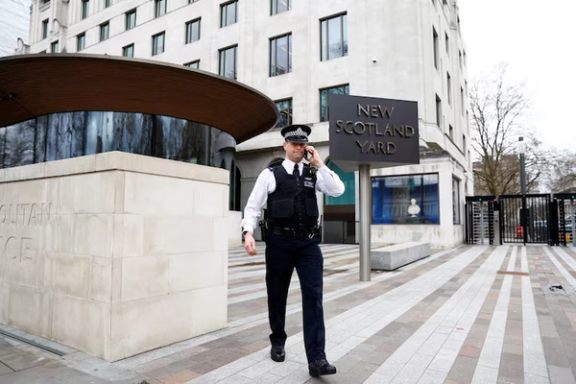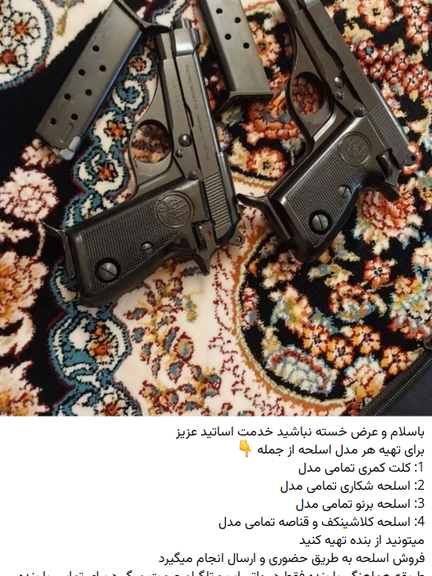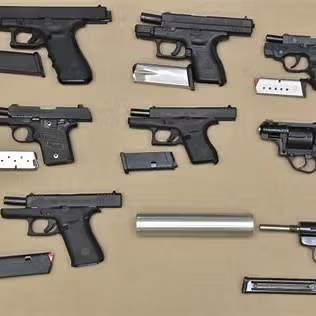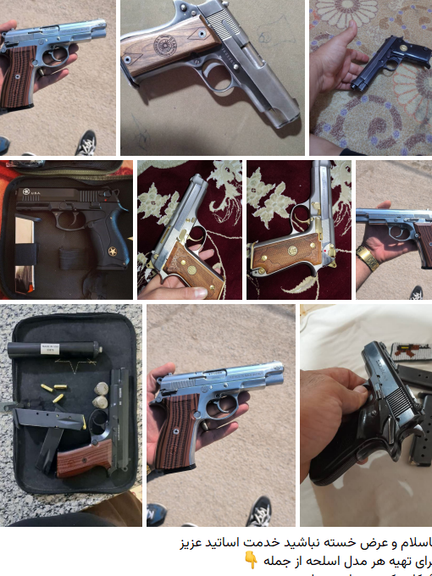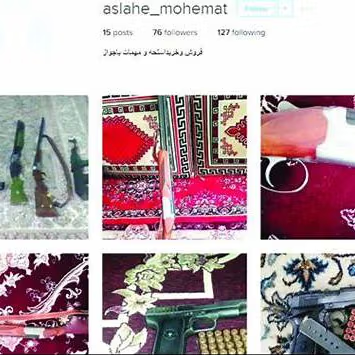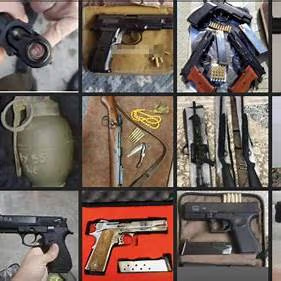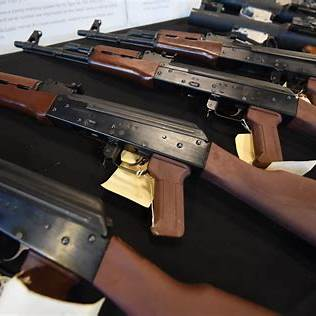"They can have civil nuclear power. OK, we don't mind that, but... no one right now has a civil nuclear program with their entire enrichment infrastructure that can enrich to the 90-plus percent needed to get to fissile material and a nuclear weapon," Vance said at the Munich Security Conference in Washington DC.
Vance said the Trump administration has no problem with Iran having nuclear power.
"We're fine with that. But you can't have the kind of enrichment program that allows you to get to a nuclear weapon, and that's where we draw the line," he said.
The United States and Iran appear to be on a collision course over whether Tehran should be allowed to enrich uranium in any nuclear deal between the two arch-foes, potentially endangering talks headed for a fourth round this weekend.
Last month, US Secretary of State Marco Rubio said "there’s a pathway to a civil, peaceful nuclear program if they want one, but if they insist on enriching, then they will be the only country in the world that doesn’t have a 'weapons program,' quote-unquote, but is enriching. And so I think that’s problematic."
The UN nuclear watchdog said last month that Iran is only non-nuclear armed state enriching uranium to 60%. Several countries which do not possess nuclear weapons, including Japan, Brazil, Germany and the Netherlands, enrich uranium at lower levels.
In his Wednesday remarks, Vance said his country is seeking a deal with Iran that would not only completely eliminate the possibility of it acquiring a nuclear weapon but also pave the way for Tehran’s return to the global economy.
"We think that there is a deal here that would reintegrate Iran into the global economy. That would be really good for the Iranian people, but would result in the complete cessation of any chance that they could get a nuclear weapon,"
"That's what we're negotiating towards."
Vance said the Trump administration has been "very happy by how the Iranians have responded to some of the points that we have made" in the Omani-mediated talks.
"Without prejudging the negotiations, I will say so far so good... We've been very happy that some of the intermediaries and some of the folks who are in the room, the role that they've played, the Omanis in particular, have played a very positive role, and we're very grateful to that."
He said "so far we're on the right pathway. But this is going to end somewhere. And it will end either in Iran eliminating their nuclear program, their nuclear weapons program."
